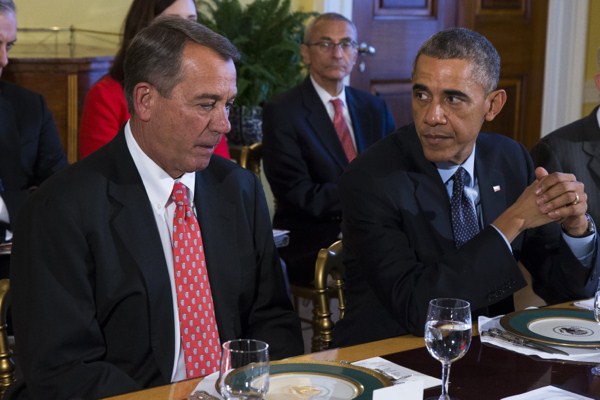In the aftermath of the U.S. midterm congressional elections, the Obama administration’s ability to work with the new Republican-majority Congress has become a central question. One area where such cooperation will be crucial is in reforming export controls on defense equipment and technology. The Obama administration has made this a priority issue since assuming office in 2009, and this year some of its export control reform initiative has finally begun to achieve visible gains. But the administration’s ability to advance reforms alone is limited. Now Congress, newly united under the control of a single party, must step in and augment the executive branch’s efforts with suitable legislation and other critical support.
Export controls are essential for ensuring that sensitive U.S. weapons and military technologies do not fall into the hands of U.S. adversaries. With suitable safeguards, foreign defense sales by U.S. companies can serve important U.S. national security interests, including fostering U.S. defense ties with allies and partners, increasing operational and tactical interoperability between the U.S. and other countries’ militaries and providing an additional customer base for U.S. defense companies, whose health is important for sustaining U.S. military primacy.
Yet when the Obama administration entered office, it found a defense export system hobbled by a complex set of regulations that optimized neither U.S. economic nor security interests. Under the U.S. International Traffic in Arms Regulations (ITAR) system, the Departments of State and Commerce manage various lists designed to regulate the sale of certain defense products or dual-use items—those having civilian as well as military application—whether by prohibiting sales across the board or to certain countries and groups. The ITAR applies to almost any export transactions involving a U.S. defense item, technology or service.

